Co-designing sustainable management solutions for resilient Alpine headwaters

Content
The three-year WATERWISE project involves 12 project partners from 6 countries (Austria, France, Italy, Germany, Slovenia, Switzerland) under the leadership of the University of Neuchâtel (CH). It deals with Alpine, mountain headwaters, which are an important water source and provide natural and socio-ecosystem services, which are increasingly threatened by climate change and pressures for different land use.
The aim of the project is to support effective adaptation and management plans for mountain headwaters with greater availability of environmental information, new open-source socio-hydrological headwater models for six pilot areas, and enhanced information transfer between science and policy. The models will serve to assess hydrological vulnerability for better adaptation to climate change and water use in these still poorly researched parts of alpine areas. By developing affordable meters for monitoring the waters and ecosystem services and introducing numerical tools we will improve the coordination of water management plans along river basins and across borders.
The Slovenian partner is Geological Survey of Slovenia, which together with the Austrian Slovenian cross-border association of 14 municipalities, EVTZ Geopark Karawanken m.b.H., will operate in one of the six pilot areas. Our pilot area is the Peca Mountain in the UNESCO Global Geopark Karavanke/Karawanken. Peca is one of the five cross-border karst aquifers of the "Transboundary groundwater body Karavanke" and our only internationally recognised cross-border aquifer. At the same time, this is the area that was extremely affected in the floods in August 2023, as it covers the Topla valley and the Mežiška valley from Koprivna through Črna and Žerjava to Mežica.
In this area, we will further investigate the water resources at Peca Mt. and especially their changes after the extreme event in the summer of 2023. We will edit the archival data on the local water balance and establish new measurement sites, which we will include in the new management tool. We will connect this with the results of the existing Karawanke UNESCO Global Geopark web browser (https://geopark-karawanken-waters.eu/), which we developed as part of the INTERREG SI-AT project KaraWAT - Strategy for the Sustainable Management of Water Resources in Karawanke UNESCO Global Geopark in 2022. It is planned to hold 3 local workshops organised by Geopark. There will be two in 2025 and one in 2026, followed by another joint international workshop in 2026 in Austria. On them, we will develop a joint strategy for better management of vulnerable mountain hinterlands.
The project budget is EUR 2,692,119.58, of which 59% is co-financed by the EU.
The project partners are:
- UniNE - Université de Neuchâtel, Centre of Hydrogeology and Geothermics, CZ (leading partner)
- FEM - Edmund Mach Foundation, Trento, IT
- RNF - French Nature Reserves, FR
- TK - TETRAKTYS, FR
- UP - University of Passau, Bioeconomy Economics, DE
- HKA - Karlsruhe University of Applied Science, DE
- AG - Alpinarium Galtür Documentation Ltd., Austria
- GeoZS - Geological Survey of Slovenia, SI
- EGTC Geopark - EGTC Geopark Karawanken/Karavanke, SI-AT
- LPVDA - Legambiente Piedmont and Aosta Valley, IT
- ARPALomb - Regional Environmental Protection Agency of Lombardy, Italy
- CREALP - Centre for research on alpine environment, CZ
